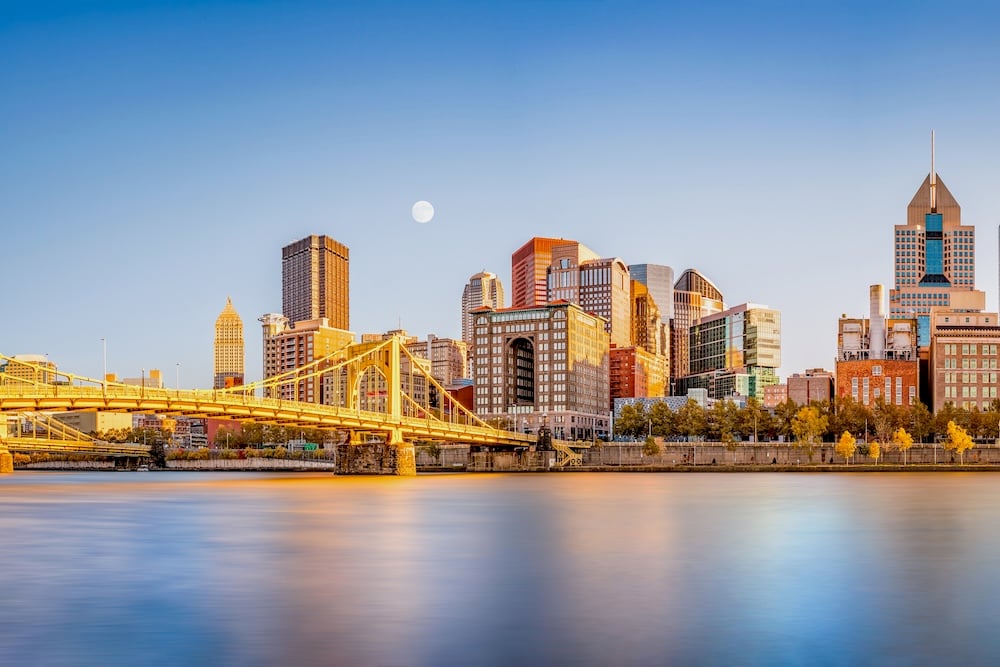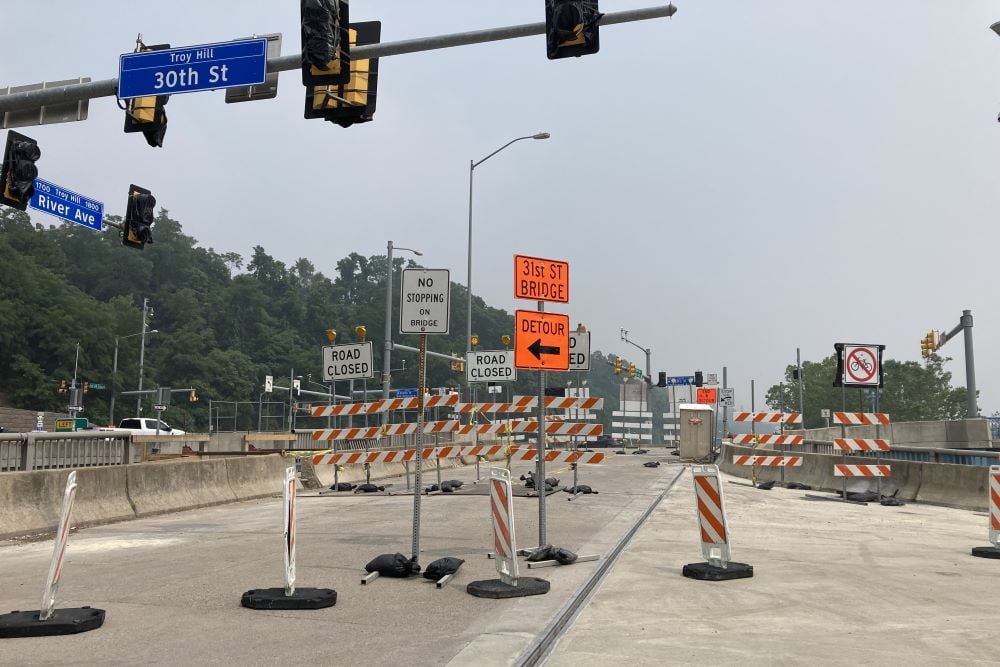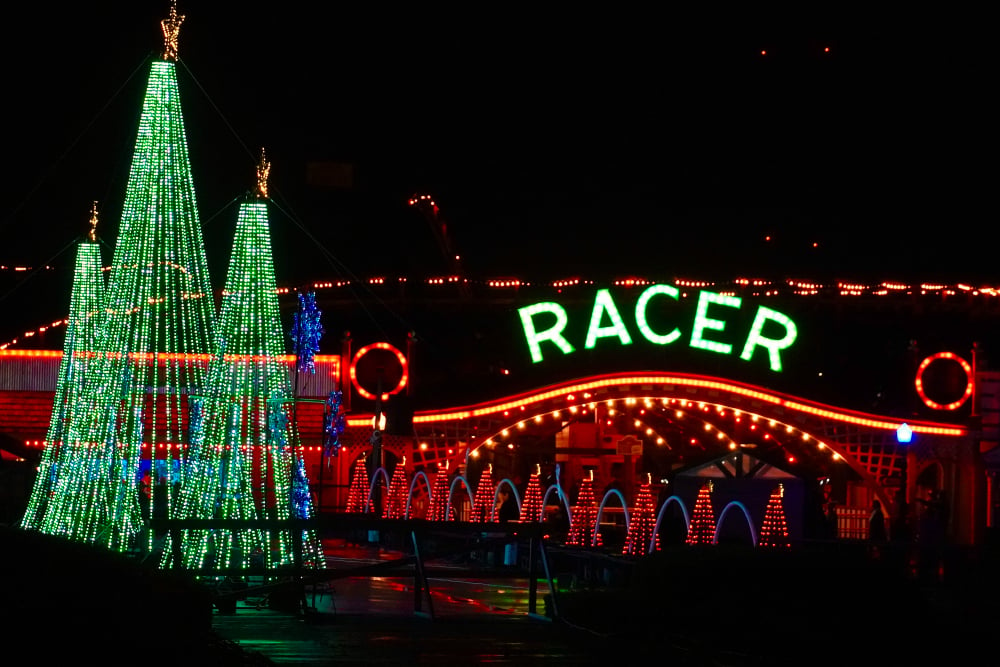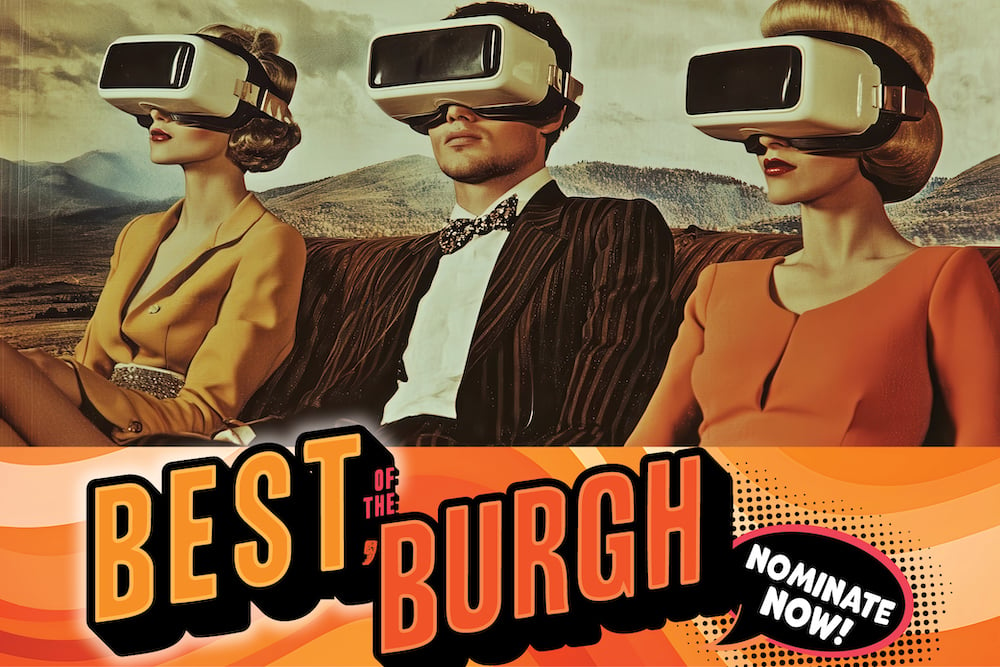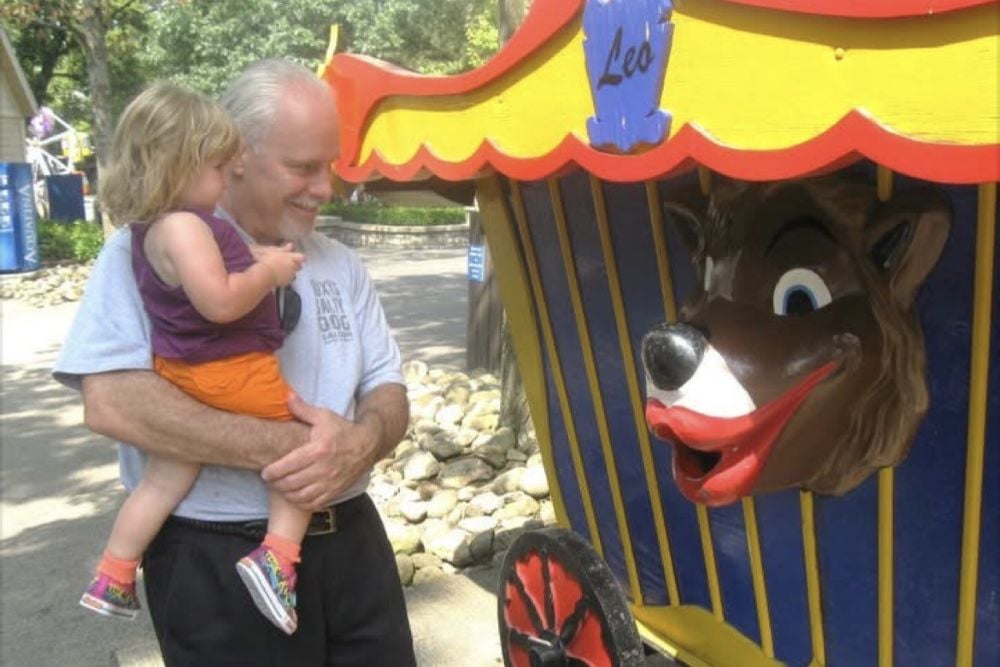Collier’s Weekly: Tragedies Are Not Necessarily the Product of Their Neighborhoods
An unfortunate incident gave certain commenters an excuse to demean a city neighborhood.
A sad incident unfolded in Pittsburgh’s Allentown neighborhood on Friday. After police attempted to serve a warrant on East Warrington Avenue, a man opened fire on law enforcement officers; the resulting SWAT standoff ended with that man’s death.
It’s a tragedy and the unfortunate result of a situation that clearly escalated in a hurry. It is not, however, one that has anything to do with geography.
Various commenters, mostly those on certain increasingly panicked corners of aging social-media services, used the incident as an excuse to demean the place where it happened. Never mind that this was not the result of the sort of street crime typical of “bad neighborhood” complaints; never mind that police standoffs have been known to happen in all corners of the city (and yes, even the suburbs).
No — to a certain type of cynical, self-declared pundit, this was another reason to put down a resurgent and vibrant city neighborhood.
I’ve written about Allentown many times. The main drag on East Warrington Avenue is within walking distance of my home; I regularly visit at least a half-dozen places in the neighborhood. I walk my dog here, past lovely homes and busy storefronts.
Two of those storefronts — Grim Wizard Coffee and The Weeping Glass — are the domain of Kelly Braden. In response to those same comments, the business owner took to her personal social-media page and defended the neighborhood more eloquently than I can.
“We all know each other,” she said in her response. “From the crossing guard to the people at the bus stop. We are a community. You can’t sit out on your stoop without waving to, or talking to, at least four people you know. Most of these folks have lived and worked here their entire lives. They grew up here and raised their kids here.
“The targeted crime up here does not represent our community. There are problem areas, just like there are problem areas in every neighborhood. And every time a tragedy happens, the community gathers and rallies behind each other … We don’t sit idly by and accept the terrible things that are happening, we work harder to make sure that they don’t happen again.”
Braden also listed Allentown’s many merits, from neighborhood festivals that draw thousands to locally owned hair salons, tattoo parlors and restaurants. Understandably, these places rarely make the nightly news; unfortunately, crime and tragedy get airtime.
Too often, our attention is pointed to the headline-grabbing reports in ignorance of the plucky community centers and service organizations that keep a neighborhood moving. We note the boarded-up storefronts but not the locally owned takeout restaurants; we point out the bygone former landmarks but not the new businesses making their own legacies.
To be sure, we need to work on the deficiencies and flaws of our communities — but to do so, we must acknowledge that our communities are worth saving. Throwing up one’s hands and writing off entire neighborhoods as forsaken doesn’t do that; it’s a cop out for idle commenters looking to justify their decision to stay home.
That’s what it comes down to, in the end: Such incriminations and slander are perpetuated almost exclusively by those who don’t trust any street but their own. Those who glare out their windows, ready to question every unfamiliar face; those who would rather tell you why they haven’t been to the city proper in 10 years than actually visit and see what they’re missing.
Let us not take the attitude that we’re better off without such grumps; Pittsburgh is, after all, a city of curmudgeons, through and through. But we’re meant to be neighborly grouches, always ready to welcome, help and serve. If you hear someone joking about your neighborhood — as I often do — instead of delivering a counter-lecture, invite the skeptics over. Show them the merits of your neck of the woods.
Prove them wrong.
As Braden pointed out: If you showed any grousing party the real Allentown, they couldn’t honestly continue their grousing. Anyone who visits Leon’s Caribbean Restaurant, Grim Wizard Coffee, Breakfast at Shelly’s, Death Comes Lifting, Alla Famiglia, The Weeping Glass, Bottlerocket Social Hall, Dr. Tumblety’s or Inner Groove Brewing will see a different Allentown than the one presented in social-media comment sections and nightly news bulletins.
And if you can get those folks to visit, you’ll do them another favor in the process: You’ll get them away from the online comment sections for a while. Unlike real-world spaces, there are some virtual ones we truly are better off avoiding.


